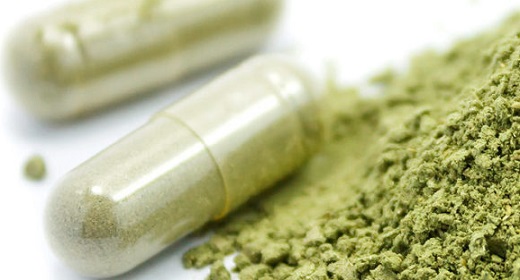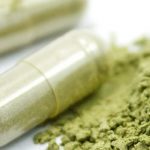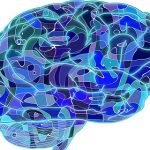by Dr. Andrew Weil Weil: I am raising my recommendation of 1,000 IU of vitamin D per day to 2,000 IU per day.  Since 2005, when I raised it from 400 to 1,000 IU, clinical evidence has been accumulating to suggest that a higher dose is more appropriate to help maintain optimum health.
Since 2005, when I raised it from 400 to 1,000 IU, clinical evidence has been accumulating to suggest that a higher dose is more appropriate to help maintain optimum health.
We have known for many years that we need vitamin D to facilitate calcium absorption and promote bone mineralization. But newer research has shown that we also need it for protection against a number of serious diseases. In recent years, scientists have discovered that it may help to prevent several cancers, cardiovascular disease, autoimmune disorders, psoriasis, diabetes, psychosis, and respiratory infections including colds and flu.
To focus particularly on cancer prevention, two recent meta-analyses (in which data from multiple studies is combined) conducted by the Moores Cancer Center at the University of California at San Diego and colleagues suggested that raising blood levels of vitamin D could prevent one-half of the cases of breast cancer and two-thirds of the cases of colorectal cancer in the U.S. Discussing the breast cancer analysis, study author Cedric Garland, Dr.P.H., stated that “The serum level associated with a 50 percent reduction in risk could be maintained by taking 2,000 international units of vitamin D3 daily plus, when the weather permits, spending 10 to 15 minutes a day in the sun.”
A 50 percent reduction in breast cancer deaths would have saved the lives of more than 20,000 American women in 2009.
As these meta-analyses suggest, vitamin D deficiency is widespread. Aside from breast cancer, it is quite likely that hundreds of thousands of cancers of various kinds worldwide might be prevented each year if we all were getting enough.
We can get vitamin D through foods such as fortified milk and cereals as well as eggs, salmon, tuna and mackerel, but the amounts are not nearly sufficient to lift blood concentrations to optimal levels. Sun exposure is the best way to get it; ultraviolet rays trigger vitamin D synthesis in the skin. Factors that decrease the body’s ability to make vitamin D include dark skin, heredity, obesity and certain medications, including some anti-seizure drugs (check with your pharmacist). Most significantly, sunscreen blocks vitamin D synthesis in the skin, and in northern latitudes (above that of Atlanta, Georgia) the sun is at too low an angle for half the year to provide sufficient UV radiation.
Low levels of vitamin D in the population as a whole suggest that most people need to take a vitamin D supplement. This may be especially true for seniors, as the ability to synthesize vitamin D in the skin declines with age. Always take your vitamin D with a fat-containing meal to ensure absorption.
Don’t be concerned that 2,000 IU will give you too much. With exposure to sunlight in the summer, the body can generate between 10,000 IU and 20,000 IU of vitamin D per hour with no ill effects. In addition, no adverse effects have been seen with supplemental vitamin D intakes up to 10,000 IU daily.
If you decide to have your vitamin D levels tested, look for results in the normal range, from 30.0 to 74.0 nanograms of 25-hydroxy vitamin D per milliliter (ng/mL) of blood. If you are found to be deficient, your physician can advise you on the best way to raise your blood concentration into the normal range.

















































